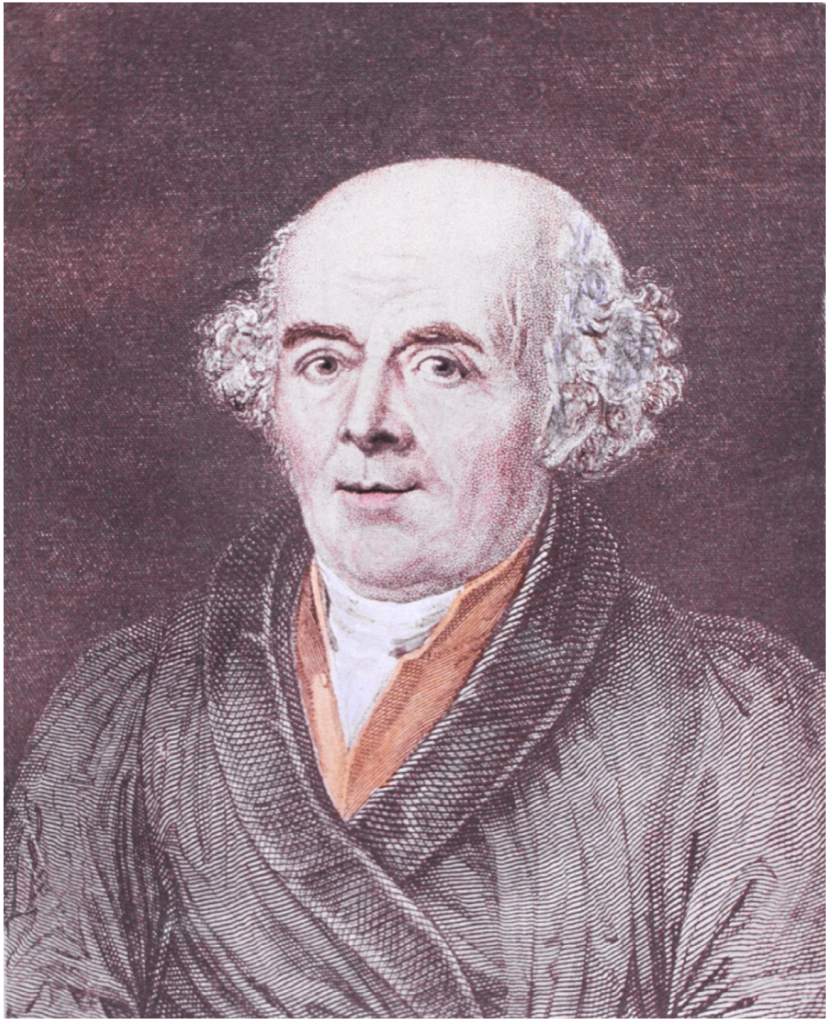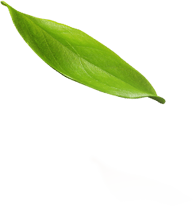Homeopathy extends its therapeutic reach to a broad spectrum of health issues, including chronic and acute conditions:


ORIGINS OF HOMEOPATHY
The term 'homeopathy' stems from the Greek words 'homeo' (similar) and 'pathos' (suffering). Rooted in ancient Greek philosophy, Dr. Samuel Christian Hahnemann (1755-1843) shaped homeopathy as an organized system of drug therapeutics. Hahnemann's principle, 'Similia Similibus Curentur' or 'Like cures Like,' forms the essence of homeopathy, offering a well-established healing system practiced worldwide.
EVOLUTION OF HOMEOPATHY
Hahnemann's groundbreaking work led to the development of homeopathy as a systematic medical science. His theories, tested during outbreaks like Typhus in 1812 and cholera in 1831, demonstrated remarkable success. Homeopathy spread globally, reaching the New World in 1825 and laying the foundation for the American Institute of Homeopathy in 1844. Federal recognition followed, solidifying homeopathy's place in healthcare.
HOMEOPATHY AS AN ALTERNATIVE MEDICAL SCIENCE
Homeopathy, an alternative medicine, operates on the principle of 'like cures like,' believing in the body's inherent ability to heal itself. By administering substances mimicking disease symptoms, homeopathy stimulates the body's healing responses. Unlike conventional medicine, homeopathy focuses on treating individuals, not just diseases. Symptoms are seen as the body's defense mechanisms, and homeopathy encourages the natural immune response to overcome disturbances, emphasizing healing over symptom management.
Ensuring Safety in Homeopathic Treatment
Homeopathic medicines utilize extremely small doses, ensuring safety by minimizing the risk of side effects. This characteristic makes them suitable for all stages of life, from pregnancy to infancy and through the elderly years.
The safety of homeopathic medicines extends to their compatibility with orthodox drugs, allowing them to be taken alongside conventional medications when necessary. This non-addictive approach ensures a harmonious integration, promoting overall well-being.
Explore the safety and compatibility of homeopathic treatment across all ages at Lesvos Homoeopathy.
Unveiling the Principles of Homeopathy
Homeopathic Medicine adheres to three fundamental principles: 'Likes Cure Likes,' 'Minimum Dose,' and 'Single Remedy.'
This principle asserts that substances causing symptoms in a healthy person can heal similar symptoms in a sick individual. For instance, chopping onions induces a runny nose, and a homeopathic remedy like Allium Cepa, acting as a decongestant, may be recommended.
Homeopathic medicines are considered more effective when diluted and vigorously shaken. Minimal doses reduce unwanted side effects while providing the necessary medicine for the body to self-heal.
Single remedies, tailored to each patient, consider the whole individual, including temperament, emotional health, personality, and physical responses. Homeopathic Medicine typically employs only one remedy at a time to stimulate the body’s natural healing mechanisms. Using multiple remedies simultaneously can interfere with each other and complicate tracking positive effects.
Explore the precision and individualized approach of homeopathy at Lesvos Homoeopathy.
Unveiling the Principles of Homeopathy
Homeopathy extends its therapeutic reach to a broad spectrum of health issues, including chronic and acute conditions:
Psychological and Emotional:
Physical Ailments:
Homeopathy acts as a catalyst for restoration, unlocking the body's innate ability to heal itself and clearing energy blockages. Scientifically chosen remedies, tailored to your unique psychological and physical health, activate the body's healing response, fostering a calmer and healthier life. Embark on a healing journey with homeopathy at Lesvos Homoeopathy.